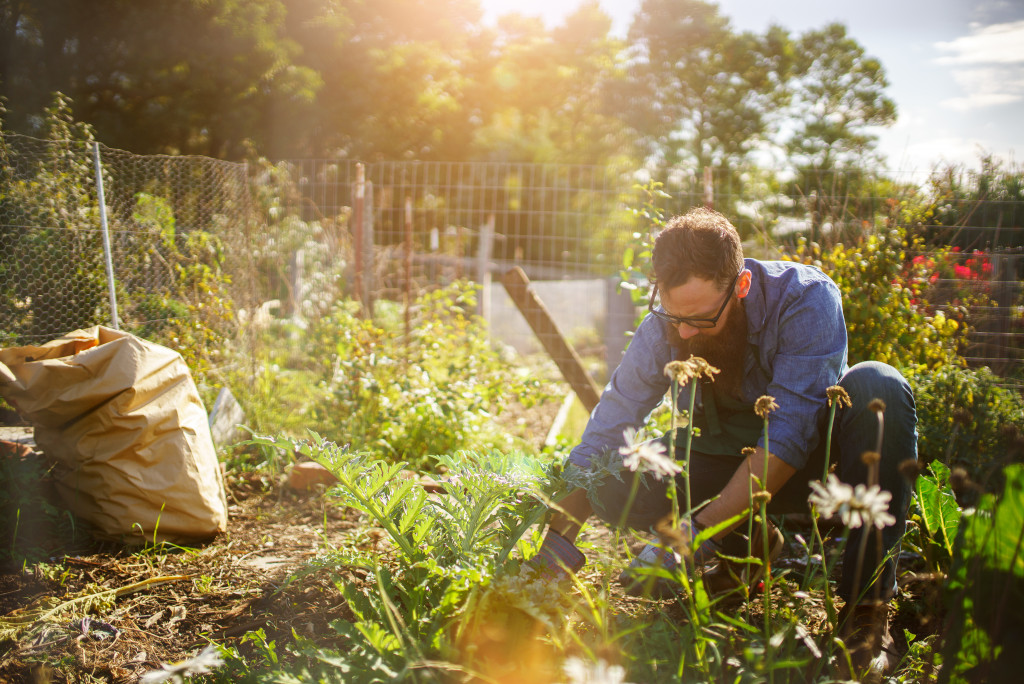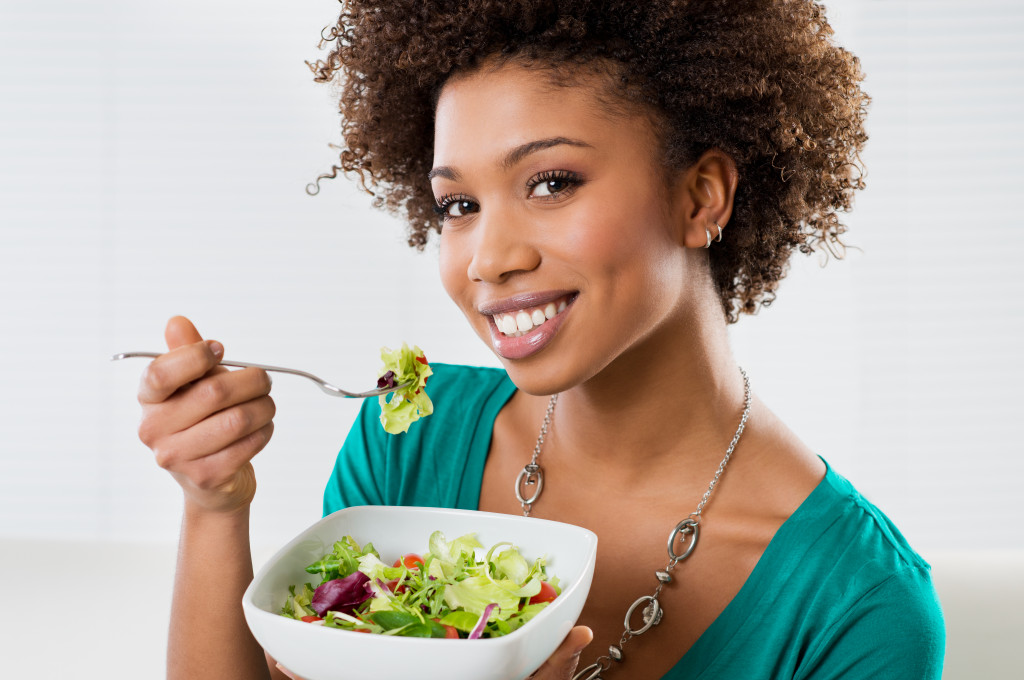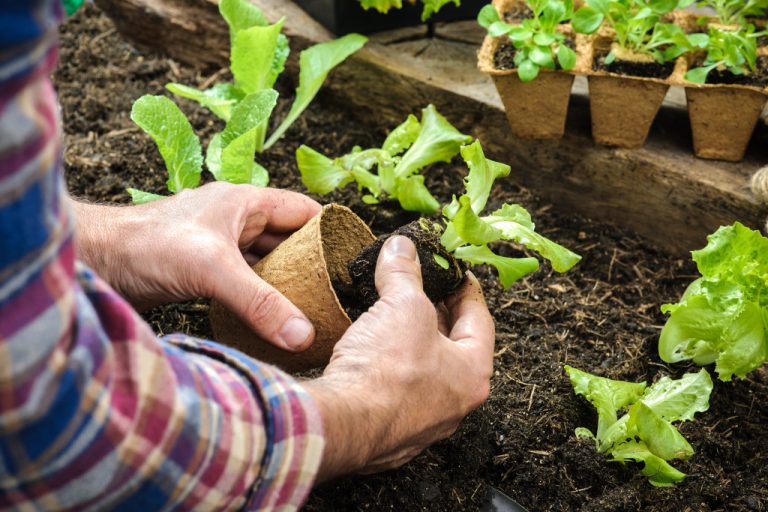- Plan your garden carefully, choosing the right location, preparing the soil properly, and selecting nutrient-rich plants.
- Use natural fertilizers such as compost, manure, fish emulsion, and coffee grounds to add essential nutrients to the soil.
- You need to practice companion planting to grow healthier and more nutritious plants.
- Harvest your produce at the right time to get the most nutrition out of your garden.
- You should invest in a hoop house so you can grow nutritious produce year-round.
Are you looking for a way to make healthy eating more accessible and fun? Look no further than your own backyard! Gardening for nutrition is an excellent way to enjoy fresh, nutrient-packed produce straight from the source. Plus, getting your hands dirty in the garden can be a great way to stay active and reduce stress. In this blog, you will learn essential tips to help you get started with gardening for nutrition.
Plan Your Garden Carefully
The first step in gardening for nutrition is to plan your garden carefully. This means choosing the right location, preparing the soil properly, and selecting the right plants. Start by choosing an area that gets plenty of sun and is easy to access. Then, prepare the ground by adding organic matter. Finally, choose plants that are rich in nutrients, such as leafy greens, tomatoes, and peppers.
Use Natural Fertilizers
When it comes to fertilizing your garden, avoid synthetic fertilizers that can harm the environment and your health. Instead, use natural fertilizers like the following:
Compost
Compost is a great way to add nutrients to your garden, as it contains beneficial bacteria and minerals. You can make compost from kitchen scraps, grass clippings, and other organic matter.
Manure
Manure adds essential nutrients to your soil while improving the structure and texture of the ground. Be sure to use manure from animals that are healthy and free-range.
Fish emulsion
Fish emulsion is an excellent source of nitrogen and other essential nutrients for your garden. Just be sure to follow the directions carefully when applying it.
Coffee grounds
Coffee grounds make an excellent fertilizer, as they are high in nitrogen and phosphorus. They also help to improve soil structure and water retention.
Worm castings
Worm castings are packed with beneficial bacteria and nutrients that help plants to grow. They can also improve drainage and increase the amount of oxygen in the soil.
These organic fertilizers will help ensure that your plants are getting the nutrients they need to thrive.
Practice Companion Planting

Companion planting means planting different kinds of plants together in the same area to help them grow better. For example, planting tomatoes with basil can help ward off pests and improve the flavor of the tomatoes. Other good companion planting combinations include beans and corn and carrots and onions. By practicing companion planting, you can grow healthier, more nutritious plants and reduce the need for harmful pesticides.
Harvest Your Produce at the Right Time
To get the most nutrition out of your garden, it’s essential to harvest your produce at the right time. Most vegetables are at their most nutritious when they are ripe but not overripe. To determine when to harvest your produce, consult a gardening guide or do some research online. You can also look for visual cues, such as when the fruit or vegetable reaches its full size, changes color, or becomes fragrant.
Invest in a Hoop House
Investing in a hoop house can help you extend the growing season and grow more nutritious produce year-round. Hoop houses provide protection from the elements, allowing you to control the temperature, light exposure, and humidity levels inside. This means that your plants will be able to get what they need for optimal growth and nutrition. Plus, it’s a great way to get fresh produce year-round without having to rely on grocery store produce.
Get Creative with Your Recipes

Finally, to make the most of your garden produce, get creative with your recipes. There are countless ways to use fresh, healthy produce in your meals, from salads and sandwiches to soups and stews. Experiment with new flavors and ingredients to keep things interesting. And don’t forget to share your garden bounty with friends and family!
Gardening for nutrition is an excellent way to enjoy fresh, nutrient-packed produce straight from the source. You can grow healthier plants packed with essential nutrients with careful planning and natural fertilizers like compost, manure, fish emulsion, coffee grounds, and worm castings.
Investing in a hoop house will help you extend your growing season to get more nutritious produce year-round. Finally, don’t forget to get creative with recipes, as there are countless ways to use fresh garden ingredients in delicious meals! Gardening for nutrition is fun and healthy when done correctly – now go out there and start planting!
